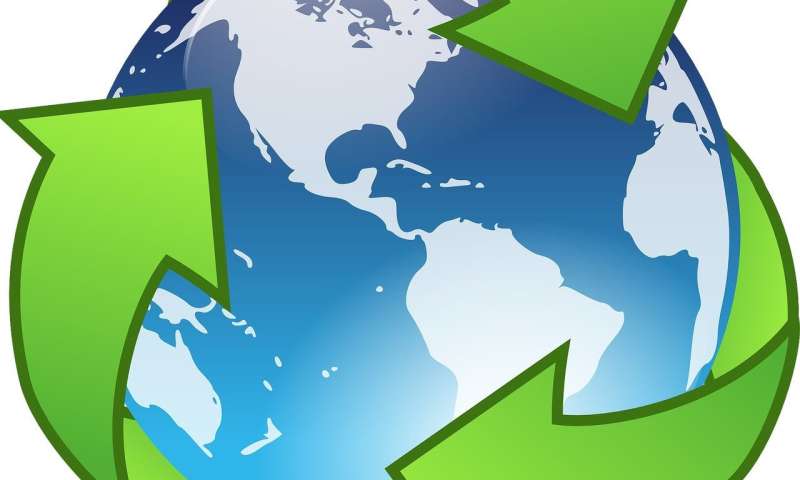Navigating the clean energy transition during the COVID-19 crisis

The COVID-19 pandemic emerged at a time when climate and energy policies were experiencing greater attention and—in some cases—greater momentum. But the ensuing global health emergency and economic crisis mean that the circumstances under which these climate and energy policies were conceived have drastically changed. In a Commentary published April 29 in the journal Joule, energy and climate policy researchers in Switzerland and Germany provide a framework for responsibly and meaningfully integrating policies supporting the clean energy transition into the COVID-19 response in the weeks, months, and years to come.
"We're writing this commentary as COVID-19 fundamentally changes the economic environment of the clean energy transition, requiring policy makers to take major decisions within short timeframes," says senior author Tobias S. Schmidt of ETH Zurich. "While many blogs or comments put forward 'shopping' lists of which policies to enact or which technologies to support, much of the advice lacked structure."
In their Commentary, Schmidt and his colleagues argue against small "green wins" in the short-term that could prevent meaningful change in the long-term. "Bailouts should exclude sectors that are clearly incompatible with the Paris Agreement, such as tar sands development, but at the same time, bailout decisions primarily have to consider the societal value of uninterrupted service and of safeguarding jobs," Schmidt says. "Instead, policymakers should consider increasing their leverage to shape business activities for Paris Agreement-compatible pathways in the future, for instance, by taking equity stakes or securing a say in the future strategy of bailed-out corporations."
"The general public should understand that the short-term emissions reductions we are experiencing due to the lockdowns will not have major effects on climate change," Schmidt says. "To decarbonize our energy systems and industry, we need structural change, meaning more and not less investment."
Once the immediate crisis has passed, when many countries will have to address a major economic downturn, the authors say that low interest rates and massive public spending could offer important opportunities for the clean energy transition. "It is essential that we not repeat the mistakes of the post-financial crisis bailouts, which often led to massive increases in CO2 emissions," says Schmidt.
Going forward, he says, "We think the COVID-19 pandemic has reminded us that we require policies that are proof to exogenous shocks, and we hope that future research will support policy makers in developing shock-proof policy designs."
More information: Bjarne Steffen et al, Navigating the Clean Energy Transition in the COVID-19 Crisis, Joule (2020). DOI: 10.1016/j.joule.2020.04.011
Journal information: Joule
Provided by Cell Press




















